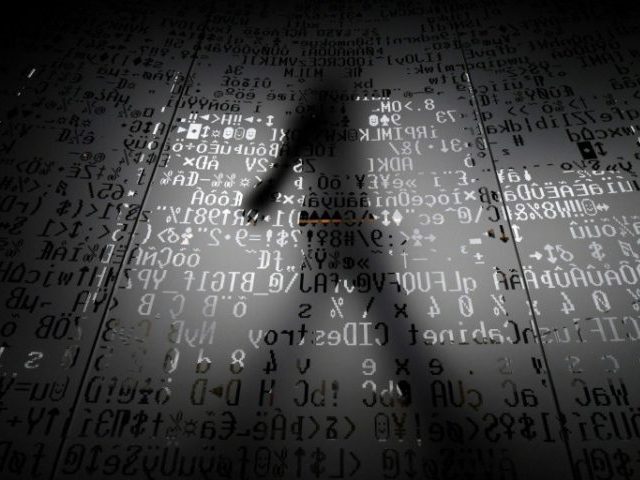TEL AVIV – Iran’s foiled cyberattack on Israel’s water system sought to increase residential area chlorine levels, a Western intelligence official has told the Financial Times, adding the attack was “close to successful.”
Hundreds of people would have run the risk of becoming ill, the unnamed official said.
“It was more sophisticated than they [Israel] initially thought,” the official said. “It was close to successful, and it’s not fully clear why it didn’t succeed.”
Last week, Israel’s National Cyber Chief Yigal Unna warned a cyber winter was coming faster than expected.
He also said the assault on Israel’s water system would have left thousands without water in the middle of a heatwave, because it would have likely triggered a fail-safe which would have shut down pumping stations over excess chlorine.
An Iranian regime source denied Iran was responsible, saying: “Iran cannot politically afford to try to poison Israeli civilians. And even if Iran did so, where is the Israelis’ appropriate response?”
Israel is largely believed to be responsible for an attack at an Iranian port that caused massive chaos a week later.
“Our suspicion is that Israelis want more money from the U.S. and made up the whole thing. But the Americans are no idiots,” the regime insider said.
According to an Israeli official, one of four who spoke to the Financial Times, the Iranian attack generated “an unpredictable risk scenario” in which both countries will seek to cause damage to the other’s infrastructure.
The Western official warned that while the two attacks thus far caused little damage, “it never stops at that.”
The Western and Israeli officials told the newspaper that Iranians, using European and American servers to cover their tracks, had hacked into the software that operates the pumps.
The retaliatory attack on the Shahid Rajaee port was done at then-Defense Minister Naftali Bennett’s behest.

COMMENTS
Please let us know if you're having issues with commenting.